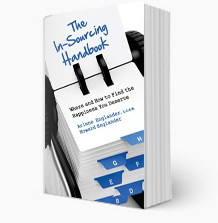The tears in my office flow from familiar stories about growing up as a kid who experiences what he/she has been taught to believe is ‘love’ when in reality the behavior is anything but. The emotional confusion that results from the disconnect between what was said and the behavior that actually took place, causes consequences and heartaches that last deep into adulthood.
As children we learn how to love by the way we are loved. And regretfully, sadly and painfully, too often we grow up in the midst of a discrepancy, actions that do not match words. The divergence takes many forms.
Dad works hard to clothe and feed us citing his love as the ‘sacrifice’ he makes for us, but demanding in return strict obedience, punishing us for the slightest noncompliance.
Mom frequently mouths the words “love you, dear” as she sends us off to school and puts us to bed, but the environment in the house is sterile and nurturing feelings are absent.
Thus we learn the definition of what passes as love and whether it feels good or not, that’s how we grow up using the example as the modus operandi for loving others and for allowing others to love us.
Fortunately, there is an antidote for the distortion of parental love. It begins to take hold when we give up the misconception that love is painful; it comes to fruition when we learn that our emotional well being is not dependent on another’s frame of mind; it is maintained when we insist on congruity in behavior from others and confront discrepancies between words and actions.
The concept of love in and of itself is not abstract, although the initial experience of the phenomenon can be dazzling and blindingly rose-colored. For love to be true love, it has to be expressed as an action, deeds and performance beyond the romantic words. If you are loved, you will recognize it by the way you are treated. By the same token if you love your beloved, then you must show it.
But here is the tricky part. Be cautious about defining unconditional love as putting “we” in place of “me.” The experience of merging into a union between two parties works best when the two parties simultaneously say, “this is good for me.”
As adults we know that the leap of faith we call love comes with prerequisites: love yourself; know without reservation that you are worthy of love; and remember, the wooing is in the doing!
Accept no substitutes.

